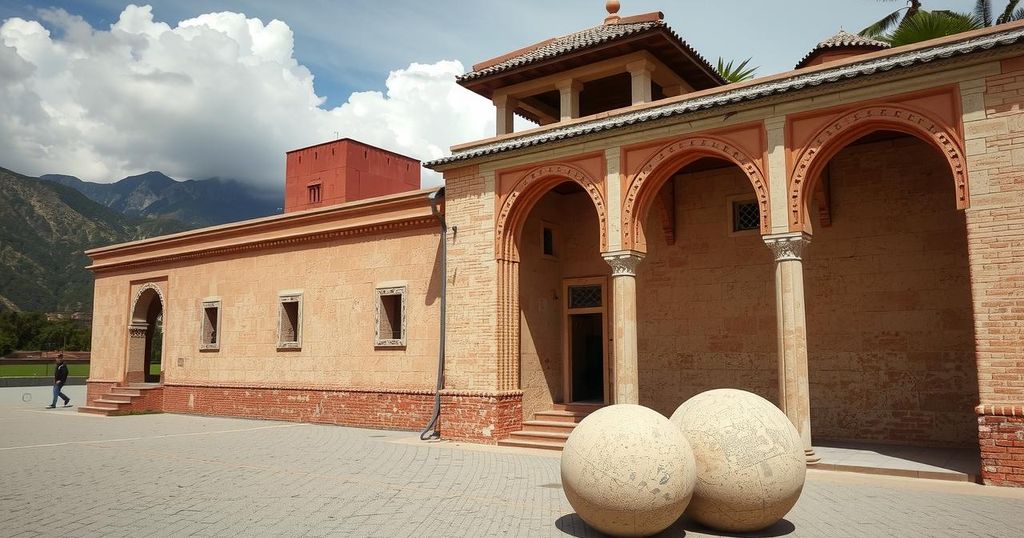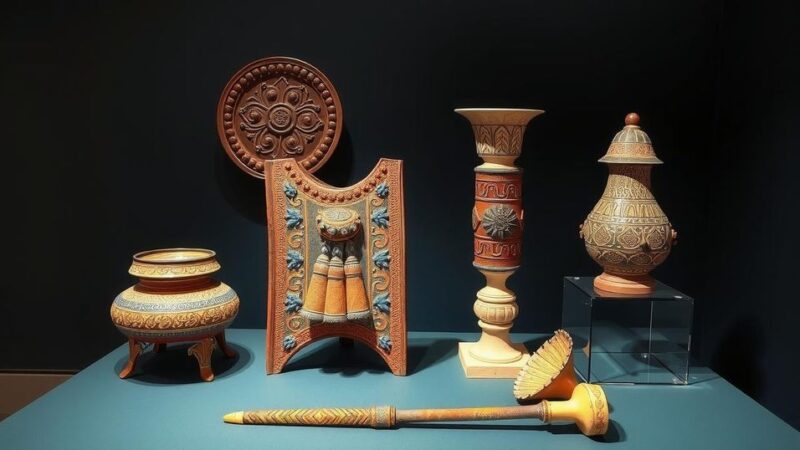Chile, Italy, Morocco, and Vietnam have requested the U.S. to renew bilateral agreements to protect their cultural heritage from illegal imports. The U.S. Cultural Property Advisory Committee seeks public input to guide the renewal process. Individuals with experiences in these countries are encouraged to write letters of support before the January 27, 2025 deadline, detailing their connections and observations related to cultural preservation.
The current appeal from Chile, Italy, Morocco, and Vietnam for the renewal of bilateral agreements is a critical step in safeguarding their cultural resources from illegal importation into the United States. The U.S. Cultural Property Advisory Committee (CPAC) plays a vital role in assessing the need for these agreements based on public input, which underscores the importance of community involvement and shared personal experiences with these countries’ rich archaeological heritage. The January 27, 2025, deadline for letters of support is fast approaching, urging advocates of cultural preservation to share their stories and perspectives.
Engagement from individuals who have visited these nations or appreciated their cultural contributions through exhibitions is crucial. Personal narratives concerning the protection of archaeological sites, participation in educational programs, and insights gained from interactions with local scholars can significantly impact CPAC’s considerations. Letters should emphasize personal connections and observations that illustrate each country’s commitment to safeguarding its heritage.
This initiative not only fosters cultural exchange but also enhances awareness of the valid concerns surrounding archaeological preservation. Therefore, it is imperative to express support for the imposition of import restrictions on archaeological materials from Chile, Italy, Morocco, and Vietnam, as these measures will contribute to the safeguarding of irreplaceable historical knowledge from potential exploitation.
Time is of the essence; those interested in contributing to this effort can find letter templates and guidance on submission through the provided channels. Together, we can work toward the protection of these countries’ invaluable cultural legacies.
Individuals are encouraged to submit their letters via regulations.gov using docket [DOS-2024-0048-0001]. These letters serve as a critical component of the recommendation process, allowing for effective dialogue on cultural property protection.
The purpose of this initiative is to renew and establish bilateral agreements that protect the cultural properties of Chile, Italy, Morocco, and Vietnam from illegal importation into the United States. These countries have expressed their need for the U.S. to reinforce import restrictions on archaeological and ethnological materials, an appeal that is pivotal in the ongoing efforts to combat looting and the illicit trade of cultural heritage. The U.S. Cultural Property Advisory Committee (CPAC) is tasked with reviewing submissions from the public to guide their recommendations to the President regarding such agreements. This cooperative approach highlights the role of community members in advocating for cultural preservation based on their unique experiences and connections with these nations.
In conclusion, the call to action regarding the preservation of cultural heritage in Chile, Italy, Morocco, and Vietnam emphasizes both the urgency and the importance of public involvement. By sharing personal experiences and articulating support through letters, individuals can significantly influence the U.S. Cultural Property Advisory Committee’s decisions. The renewal of bilateral agreements would commemorate our collective commitment to protecting and valuing the past while preventing the illicit trade of archaeological treasures that hold significant cultural importance. All interested participants must remember the approaching deadline of January 27, 2025, to ensure their voices are heard.
Original Source: www.archaeological.org







